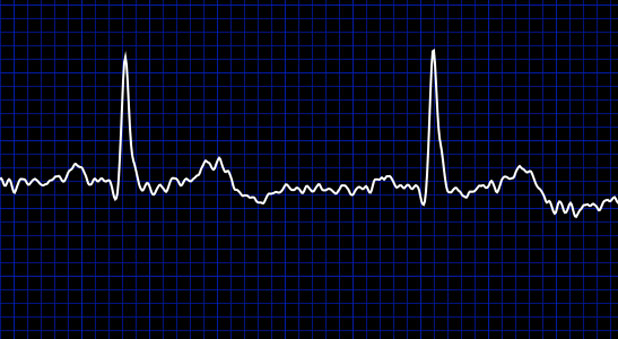The introduction, last year, of Independent MP Alex Greenwich’s Voluntary Assisted Dying Bill (2021) (the ‘Bill’) is a momentous shift in medical practice and community expectation. It marks the final abandonment of one of the cornerstones of Western civilisation: the sanctity of life. The idea that all human life is inherently precious was not generally affirmed in the world into which Jesus Christ was born. It spread with the growth of early Christianity and finds expression today in the UN Declaration of Human Rights.
Advocates of Voluntary Assisted Dying (a deeply misleading cluster of words) have emphasised not the sanctity of life, but quality of life as subjectively experienced, and the primacy of autonomous choice. Recently, a man said to me, ‘Archbishop, if you don’t want to choose assisted suicide you don’t have to, but don’t get in the way of those of us who want the right to choose’. I understand the depth of feeling and the logic.
But this way of arguing – ‘if you don’t choose it, it won’t affect you’ – is naïve. It neglects the way in which practices form culture, the way laws create values. A legal right to have another person – a physician no less – assist in your death affects everyone precisely because it is a matter of public law.
Let me suggest three ways in which a law for ‘voluntary assisted dying’ will fundamentally affect our culture and values. First, the existence of a legal right to kill oneself or have another assist you to do so, has been shown to lead to an expansion of the circumstances in which you may invoke that right. The Bill prescribes and limits the circumstances in which ‘assisted dying’ is permissible. But we know – it is no theoretical ‘slippery slope’ argument - that in other jurisdictions, euthanasia has over time been extended to include mental illness, physical disability or simply experiencing the sense of ‘completed life’. In fact, Mr Greenwich’s Bill has far fewer safeguards than the Bill rejected by the NSW Parliament in 2017.
Second, to legislate for a person to request their doctor to assist them to die fundamentally alters the doctor-patient relationship. The Bill provides that a doctor may not initiate discussion of voluntary assisted dying with a patient unless they also discuss palliative care. But this is inadequate. Apart from the fact that about half the people in NSW who would benefit from palliative care have difficulty getting access to it, especially in regional centres, it does not alter the power imbalance in the doctor-patient relationship. Such a scenario has never existed before and introduces something utterly foreign to the doctor-patient relationship.
Finally, anyone who has spent years in caring professions, including religious workers like me, have heard on countless occasions vulnerable people express the selfless sentiment, ‘I don’t want to be a burden’. It has also been my privilege time and again, to hear family and other loved ones calmly, quietly and kindly assure such people that it is no burden to care for them.
But if ‘voluntary assisted dying’ were legalised and became part of the normal cultural fabric of dying, then such familial reassurances would have to compete with the patient’s awareness of an alternative route that might be taken. An alternative that could be more convenient and less expensive than palliative care. Inevitably, the question would arise within many patients’ minds, whether they really ought to take this alternative route and end the burden on their family members. The chief concern of the dying is very often the welfare of those they are leaving behind. The normalisation of voluntary assisted dying would turn ‘being a burden’ into something chosen, rather than something suffered.
Laws create culture. Practices shape values and community expectations. For two thousand years, Christian theology has asserted the inestimable value of the individual created in the image of God and precious by virtue of life’s sanctity not merely life’s utility or quality. We abandon that principle at our peril.
The Archbishop is urging support for an ePetition that calls on the Upper House of the NSW Parliament to reject the Voluntary Assisted Dying Bill 2021. It takes less than two minutes to add your signature at bit.ly/VADePetition.






















